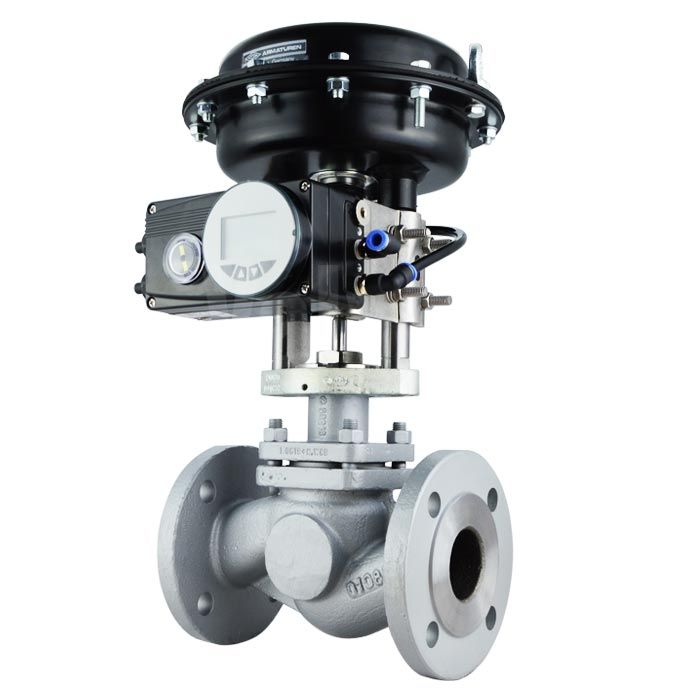The Rise of Volunteer Computing
In an era dominated by powerful cloud computing and AI-driven data centers, a lesser-known but equally impactful movement has been shaping the landscape of scientific research: volunteer computing. This decentralized model leverages the idle processing power of millions of personal computers worldwide, forming a collective network capable of tackling some of the most complex computational problems. Though projects like goofyxGrid@Home NCI have quietly contributed to this evolution, the broader implications of volunteer computing remain largely unexplored by the public.
A Historical Perspective: The Birth of Distributed Computing
The concept of distributed computing emerged in the late 20th century when researchers realized that the processing limitations of individual machines could be overcome by pooling resources across multiple systems. One of the first widely recognized projects was SETI@Home, launched in 1999, which invited users to donate their computer power to analyze radio signals from space in the search for extraterrestrial intelligence.
This pioneering approach demonstrated the untapped potential of voluntary participation in scientific computing. It inspired a range of other initiatives, from protein folding simulations to climate modeling, all relying on the same principle: breaking down enormous computational tasks into smaller units and distributing them to individual computers around the world.
How Volunteer Computing Works
The Architecture of a Global Network
At its core, volunteer computing operates through a client-server model. Scientific institutions or research groups develop applications that require intensive computation and distribute them to volunteers through dedicated platforms. Participants install software on their personal computers, which then process small chunks of data and send the results back to the central server.
The system is designed to be unobtrusive, running in the background without interfering with regular computer use. The underlying software often adjusts its workload dynamically, prioritizing user needs while ensuring continuous scientific contribution.

BOINC: The Backbone of Volunteer Computing
One of the most influential frameworks in volunteer computing is the Berkeley Open Infrastructure for Network Computing (BOINC). Developed at the University of California, Berkeley, BOINC provides a standardized platform for launching and managing distributed computing projects.
BOINC enables a diverse range of scientific endeavors, from astrophysics to biomedical research, ensuring that the global community of volunteers can contribute to multiple fields simultaneously. Its open-source nature has encouraged innovation, allowing researchers to adapt and optimize computational tasks for different applications.
Scientific Advancements Enabled by Volunteer Computing
Advancing Medical Research
One of the most significant applications of volunteer computing has been in the field of medicine. Projects like Rosetta@Home and Folding@Home have played a crucial role in understanding protein structures, a key factor in developing treatments for diseases such as Alzheimer’s, cancer, and even COVID-19.
By simulating protein folding and interactions at an unprecedented scale, these initiatives have provided insights that would have been nearly impossible with conventional computing resources alone. The accelerated research timelines have contributed to breakthroughs in drug discovery and vaccine development.
Exploring the Cosmos
Astronomy and astrophysics have also greatly benefited from volunteer computing. Beyond SETI@Home, projects like Einstein@Home analyze pulsar signals and gravitational waves, helping scientists uncover new celestial phenomena.
The ability to process massive amounts of astronomical data has led to the identification of previously unknown neutron stars and contributed to the study of black holes, expanding humanity’s understanding of the universe.
Climate and Environmental Studies
The fight against climate change requires sophisticated modeling of atmospheric and oceanic patterns. Volunteer computing has been instrumental in generating climate predictions, refining weather forecasting models, and assessing environmental risks.
By distributing climate simulations across thousands of personal computers, researchers can test multiple scenarios more efficiently, leading to more accurate long-term predictions and better-informed policy decisions.
The Ethical and Technological Challenges
Data Security and Privacy Concerns
Despite its many benefits, volunteer computing is not without challenges. One of the primary concerns is data security. Volunteers must trust that the distributed software does not compromise their personal information or introduce vulnerabilities into their systems.
Developers of volunteer computing platforms address these concerns by implementing rigorous security measures, including encryption protocols and sandboxed execution environments. However, skepticism remains among users who are wary of potential cyber threats.
The Sustainability Dilemma
Another issue is the environmental impact of extensive computational activity. While volunteer computing distributes workloads efficiently, it also increases energy consumption on a global scale. The challenge lies in balancing scientific progress with sustainability, prompting discussions on optimizing software to reduce power usage without sacrificing performance.
Efforts are underway to integrate volunteer computing with renewable energy sources, ensuring that scientific advancements do not come at the expense of environmental responsibility.
The Future of Volunteer Computing
The Role of Artificial Intelligence
The integration of artificial intelligence (AI) with volunteer computing presents exciting possibilities. AI-driven optimization can enhance task distribution, ensuring that computational workloads are assigned to the most efficient devices.
Moreover, AI models trained on vast volunteer computing datasets could unlock new scientific frontiers, from real-time disease modeling to space exploration. The synergy between AI and distributed computing may redefine how global research is conducted.
Expanding Participation and Accessibility
While volunteer computing has made significant strides, its adoption remains limited to tech-savvy individuals. Expanding participation requires making these platforms more user-friendly, with intuitive interfaces and seamless integration into everyday digital environments.
Educational initiatives and awareness campaigns could also play a crucial role in encouraging broader involvement. If more people recognize the impact their idle computing power can have on scientific discoveries, volunteer computing could become a mainstream movement rather than a niche endeavor.
Conclusion: A Quiet but Powerful Force in Science
Volunteer computing represents a unique intersection of technology, collaboration, and scientific ambition. Though often overshadowed by corporate-driven innovations, this decentralized model has quietly contributed to some of the most groundbreaking research in history.
As computing power continues to evolve, the potential of volunteer-driven projects will only grow. Whether in the fight against diseases, the exploration of deep space, or the battle against climate change, the collective power of millions of computers worldwide may hold the key to solving some of humanity’s greatest challenges.






